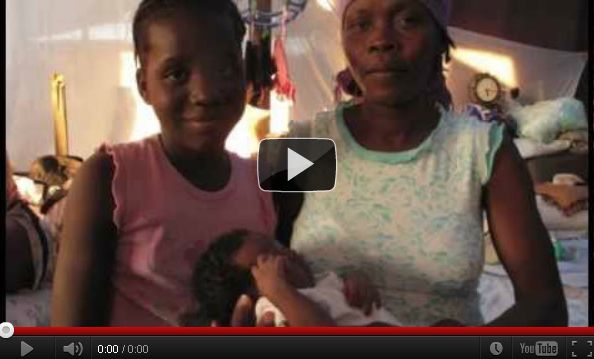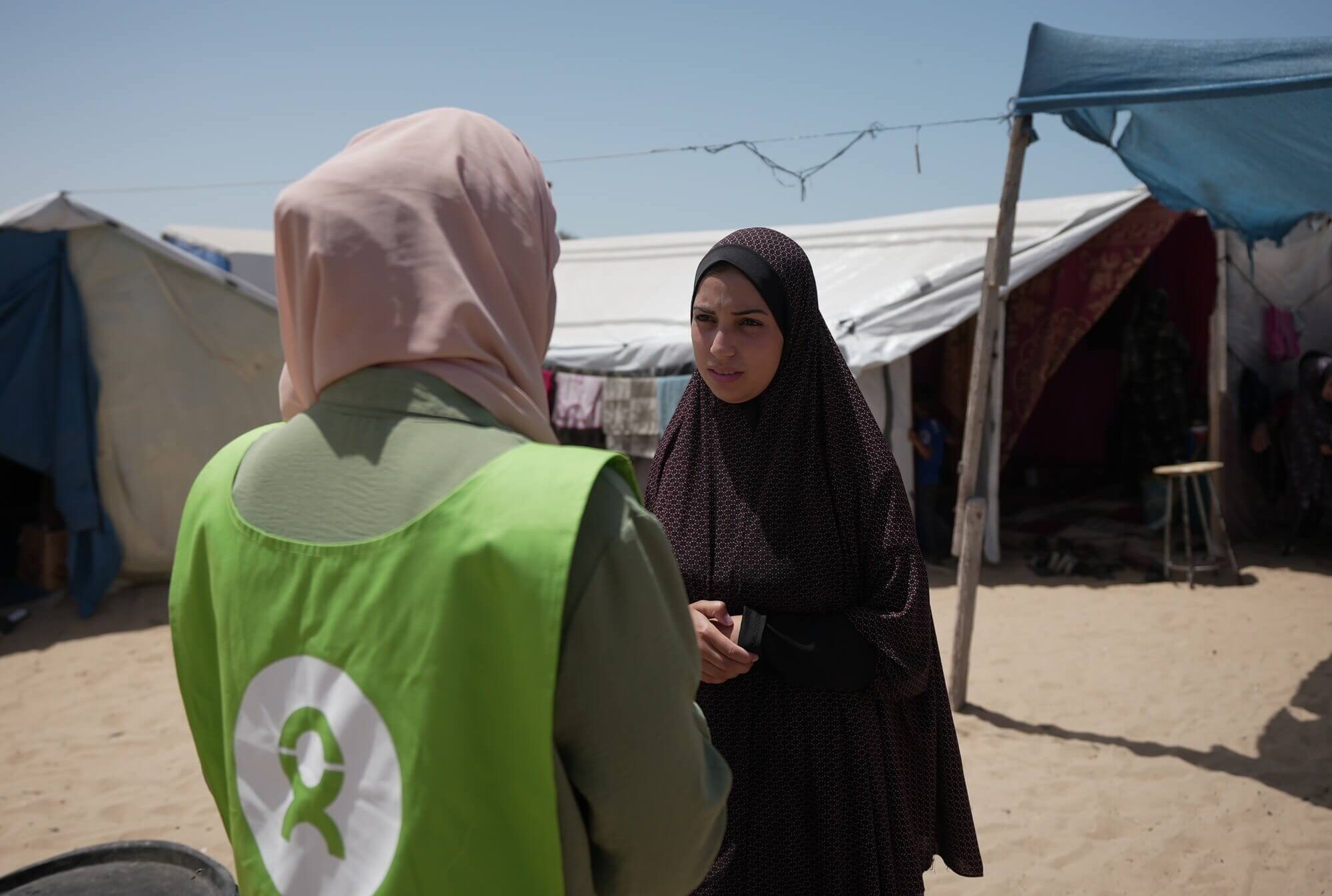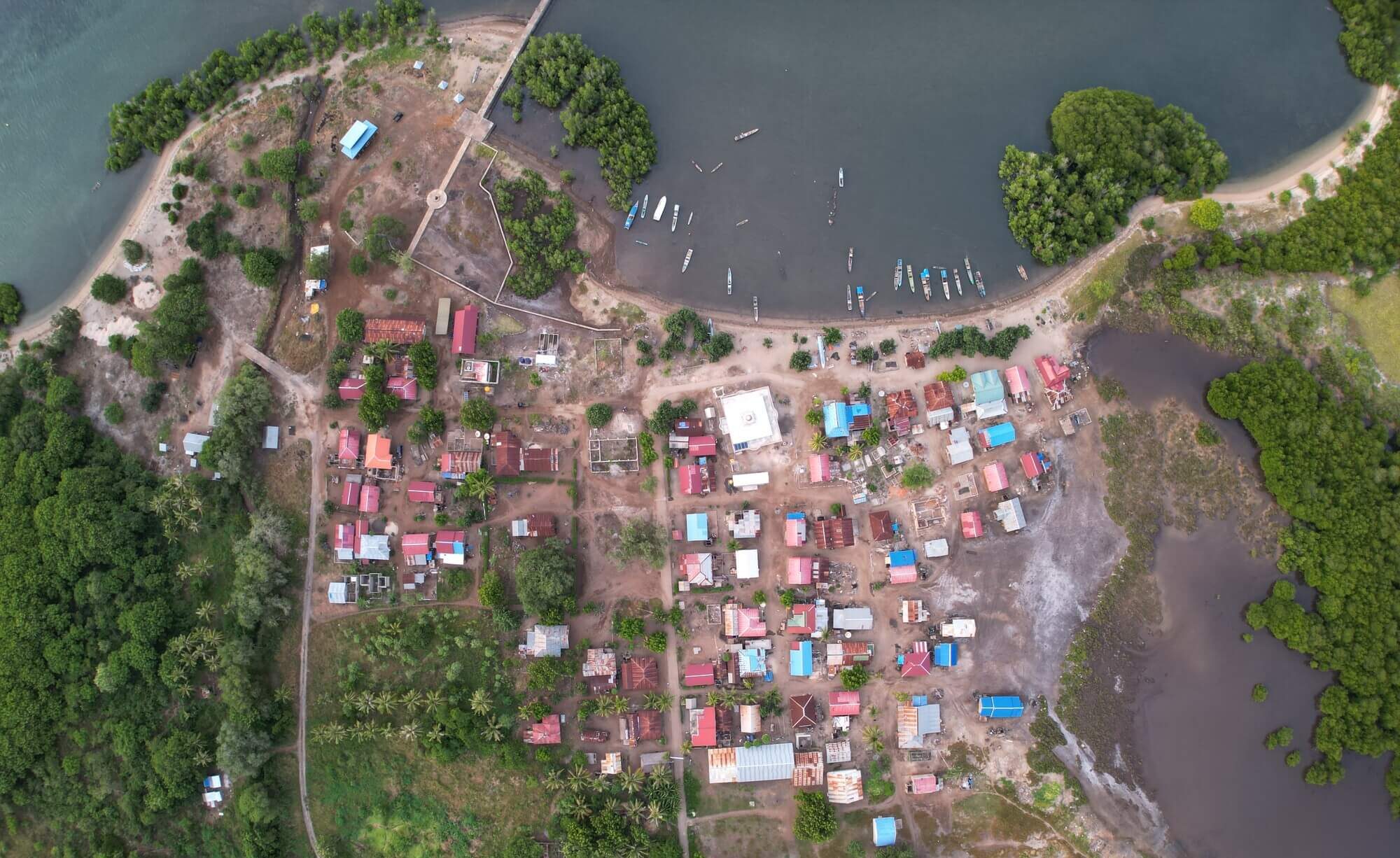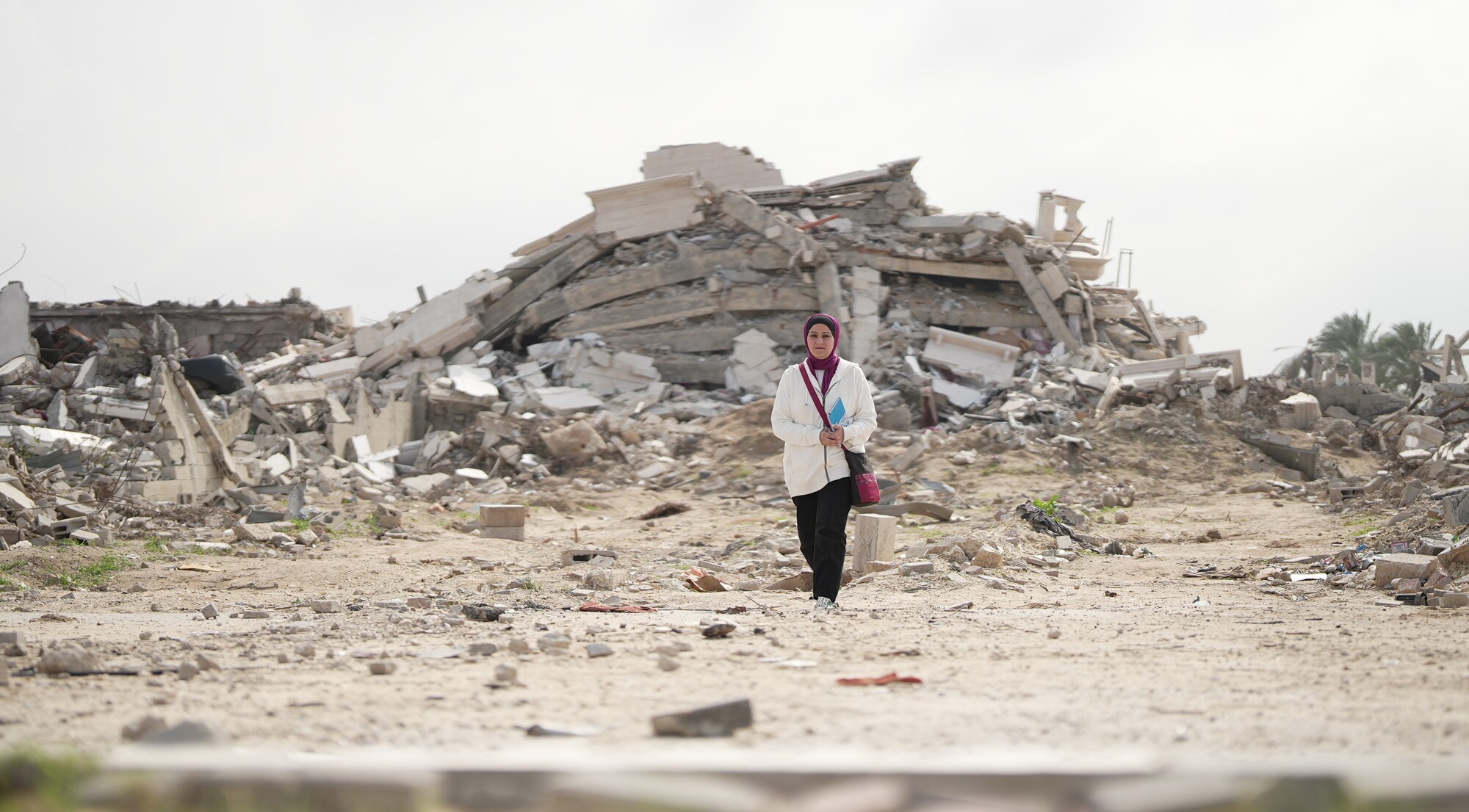By Caroline Gluck, Oxfam
I wasn’t looking forward to returning to Haiti. Two years ago, I was one of the first of Oxfam’s emergency team to fly to the island, arriving three days after it was hit by a devastating earthquake, which killed more than 220,000 people and left over a million homeless.
It was one of the toughest emergencies I’d ever had to cover. It was really only after I’d left Haiti, almost three weeks later, that I’d realised the powerful emotional impact it had left on me. Even today, with time and distance, I can barely read a story about Haiti in the news without becoming teary-eyed.
So it was with some apprehension that I found myself on a plane headed for Port au Prince, the traumatised capital of the poorest country in the Western Hemisphere. I’d been hearing about the recent cholera outbreaks; the slowness of the recovery effort; and the fact that more half a million people were still living in the camps, many still in tents and under tarpaulin. I was scared that what I’d see now would be little better than the Haiti I’d left behind two years earlier.
First impressions weren’t good. Rubble still lay in the streets – though much of it was carefully piled up, many collapsed buildings still remained balancing precariously and fighting for survival in between other spaces where rebuilding had taken place.
And then there were the tented camps. Not the flimsy shelters made out of clothing scraps and plastic sheets I’d become so familiar with on my first visit. These camps appeared depressingly permanent. It seemed people were settling down for good; that what had been a temporary option was now the only long-term solution available.
Sadly, for many tens of thousands of families that is not the case. They’re camped on private land, not public spaces, and now face the threat of forced evictions, often through the use of violence, from the owners who haven’t received any rent for the past two years.
I spent the first few days retracing my steps. The old Oxfam office – part of which had been seriously damaged in the quake – had been remodelled and repainted and was now the office of a private company; the damaged annexe had been fenced off and the collapsed top two stories had been removed.
The enormous camp for displaced families occupying what had been a golf course in the leafy and well-to-do suburb of Petionville was still bursting at the seams. Although the number of residents had decreased, people were still living check-by-jowl. The daily struggles for the basics: clean water, some privacy, and work, were still as pressing as ever.
I returned to the neighbourhood of Baillergeau, in Carrefour Feuilles. It had been one of the worst-hit areas I’d visited two years ago with around 90% of houses flattened, debris piling and obscuring the road and thousands camped out on what had been a football field. The campsite was no longer there. Most people had moved into transitional shelters, rather than proper homes and a lot of the rubble had been cleared.
There was a lot of rebuilding going on; noisy trucks tore up and down the narrow, dusty and windy roads with various building materials. There were many people along the roadside selling food and other basic necessities from small kiosks. Some had received small grants from Oxfam to restart their businesses.
It was in Baillergeau that I found Marguerite Ulysse. She’d given birth to a baby girl two days after the quake. Now, two years on, she was pregnant again. Her baby, Neika, was a healthy, gregarious and mischievous toddler.
We hugged in greeting and then sat down to talk. While daily life had been a struggle, Marguerite was neither pessimistic nor bitter, but grateful for the help that she and others had received from Oxfam and other aid agencies.
True, she admitted, she had been hoping that change would happen more quickly. But these were the realities. She was happy for the small things: that her husband, who’d been trained as a policeman, would have work; that her children were healthy; that her oldest daughter was still in school.
Her main concern was shelter; she wanted to move away from the rubble and the dirt and into a permanent home they could call their own.
“’The most important thing for me is the future for my children. When I die, I want to know I can leave my daughters a place where they can grow up”, she told me.
I visited more sites over the next few weeks where Oxfam and its partners have been working: installing water and toilet facilities in communities and schools, carrying out health promotion activities to try to control the spread of disease like cholera; supporting people to start up in business again with grants and skills training, including literacy classes which have given people a new-found sense of pride and purpose.
I want to say Haiti has changed a lot over the past two years. But I can’t. The emergency aid effort and the donations that flooded into Haiti after the quake undeniably helped save lives and provided basic and essential services, including food and water, to millions. But rapid progress in Haiti’s reconstruction and rebuilding has been quite another issue.
Yet the thing that struck me when I first visited and continues to strike me today is the energy, creativity and the intelligent spirit of its people – despite the daily difficulties and the challenges. Haitians are survivors; realistic, but not defeatist. They still hope for change and believe that some day, change will come.
How you can help
Thanks to your overwhelming support, in 2010, we were able to raise enough money to fund our response to the Haiti earthquake for at least three years – and so closed our Earthquake Appeal. However, you can help us respond to future emergenices by making a monthly donation to Oxfam Emergency 365.



